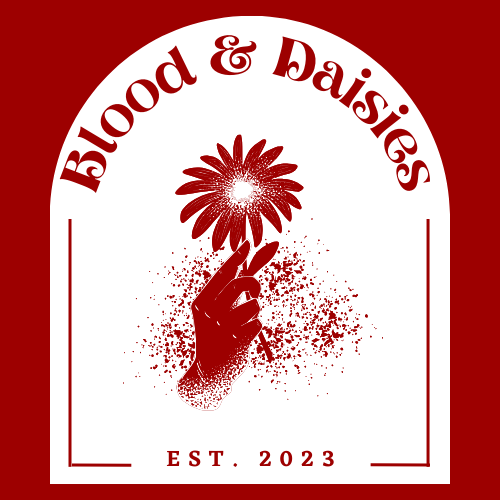
Bread and Burial
The fields are full and breathing. The air smells of warm grain, distant storms, and the tang of blackberries not quite ripe. Somewhere in the haze of late summer, a threshold appears — between sun and shadow, sweat and stillness, growth and letting go.
This is Lughnasadh, the first of the harvest festivals on the Wheel of the Year. A time to gather. A time to mourn. A time to give thanks for what has come to fruition — and to begin the long, slow goodbye to summer’s peak.
Tailtiu’s Grave, and The God Who Mourned Her
The story begins with Tailtiu, the earth-working foster-mother of Lugh, who cleared the fields so her people could grow. The task broke her body. When she died, Lugh held funeral games in her name — not as mourning alone, but as celebration: of labour, of life, of what is given up so others might flourish. She gave the land shape, and in return, the land took her back.
It is this ache that runs through Lughnasadh — the knowing that harvest always comes at a cost.
In ancient Ireland and across the Celtic world, people gathered on hilltops and meadows to race, feast, trade, wed, and sing. Trial marriages and handfastings were made, only to be undone a year later if they no longer fit. Offerings of bread were left on altars, or buried in the fields. The fruits of the land were shared — and part returned to the soil. The dead were honoured, too — names whispered into grain, memories stirred into mead.
The Gods of Grain Must Die
Across Europe, variations echo the same truth: to feed the people, something must fall.
The Corn King, the Barley God, the Green Man — each is cut down in the height of his strength, his essence baked into bread or brewed into ale. John Barleycorn, in English balladry, is threshed, mashed, and drunk. His death becomes the merriment. His body, the communion.
And so we eat the sun, and toast the dying light.
Loaves, Laments, and Gatherings
Lughnasadh is often marked by the baking of bread — the first from the new grain. This simple act, once sacred, turns the fruits of the field into something that can be broken and shared. In some places, it was customary to bring the loaf to a local hilltop and offer a piece back to the land. It was said the spirit of the field moved into the loaf — and by sharing it, you shared the land’s blessing.
Other customs include:
- Berry picking, especially bilberries and blackberries, eaten fresh or baked into tarts and pies.
- Craft and skill competitions, in Lugh’s honour — the god who mastered many arts.
- Trial marriages or handfastings, set for a year and a day, with the option to part ways after.
- Firelight dancing and athletic games, echoing ancient tribal gatherings.
While the specific traditions vary by region and lineage, the essence remains: gather what has grown. Honour what was lost. Prepare for what’s to come.
What Does Lughnasadh Mean Now?
We may no longer plant barley by hand or rely on the sun’s whim to feed our households, but the rhythm of Lughnasadh still beats beneath modern life. It asks:
What have you grown?
What are you ready to harvest?
And what needs to be left behind?
For crafters, makers, and creatives, this season often brings a kind of quiet reckoning. Projects started in spring are finally finished — or abandoned. Ideas take form, or fall away. There's both satisfaction and sorrow in the turning.
In your own observance, this might mean:
- Baking something by hand and offering a slice to the soil or the birds.
- Gathering friends for a meal, acknowledging each other’s recent efforts or growth.
- Letting go of something that no longer serves — a habit, a pattern, a failed harvest, or even a person.
The Thinning Sun
Lughnasadh sits at a strange tilt in the year. Not quite the blaze of midsummer, not yet the chill of autumn. The sun still sings, but its voice is cracked. The shadows come a little earlier. The birds are quieter now.
We are meant to feel this tension — between what’s been won and what’s fading. It is the heaviness of the full basket, and the ache of the empty field.
Lughnasadh asks not only what we’ve harvested, but how we will honour what it cost.
And whether we are willing to lay down what no longer bears fruit.
